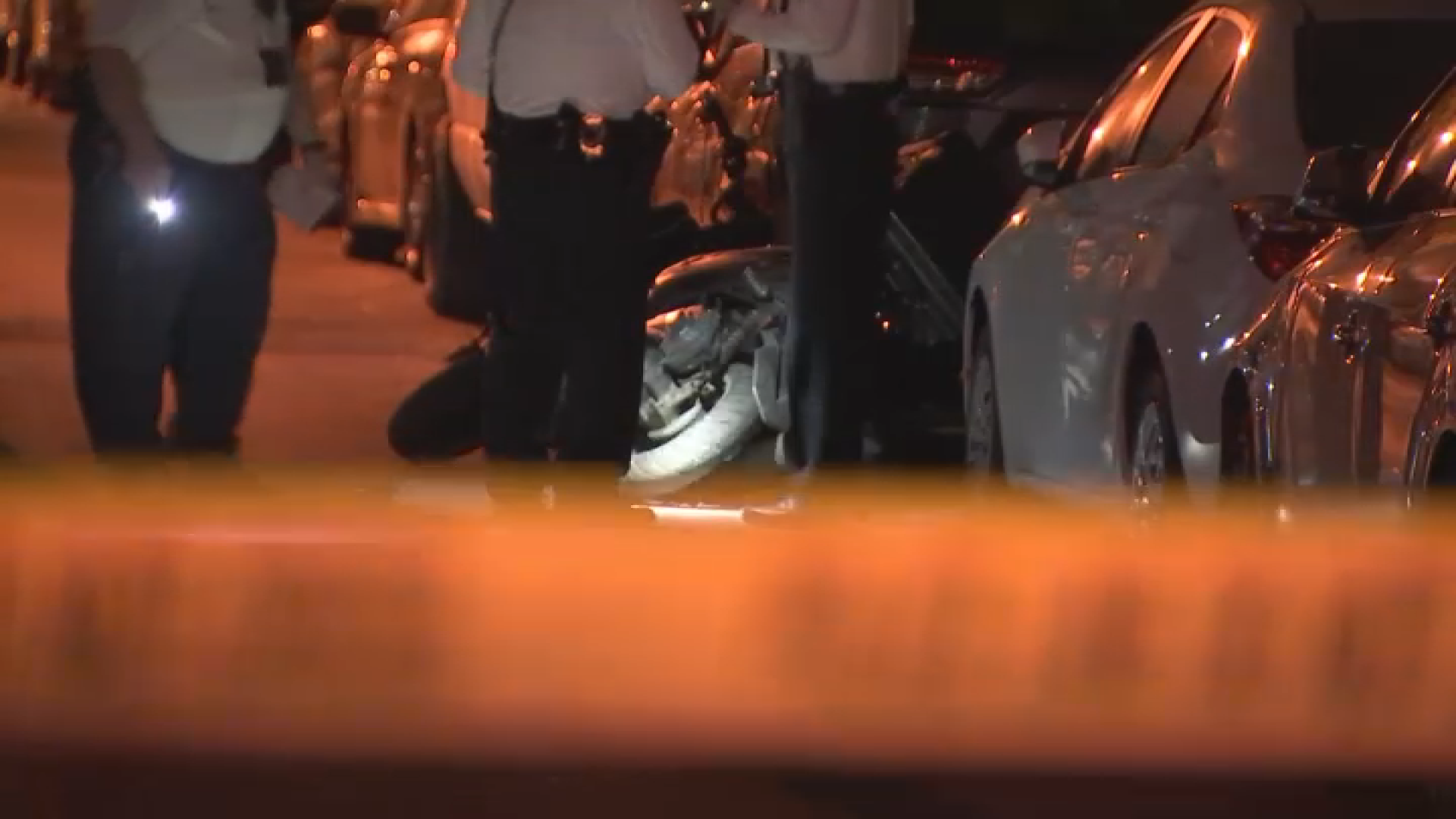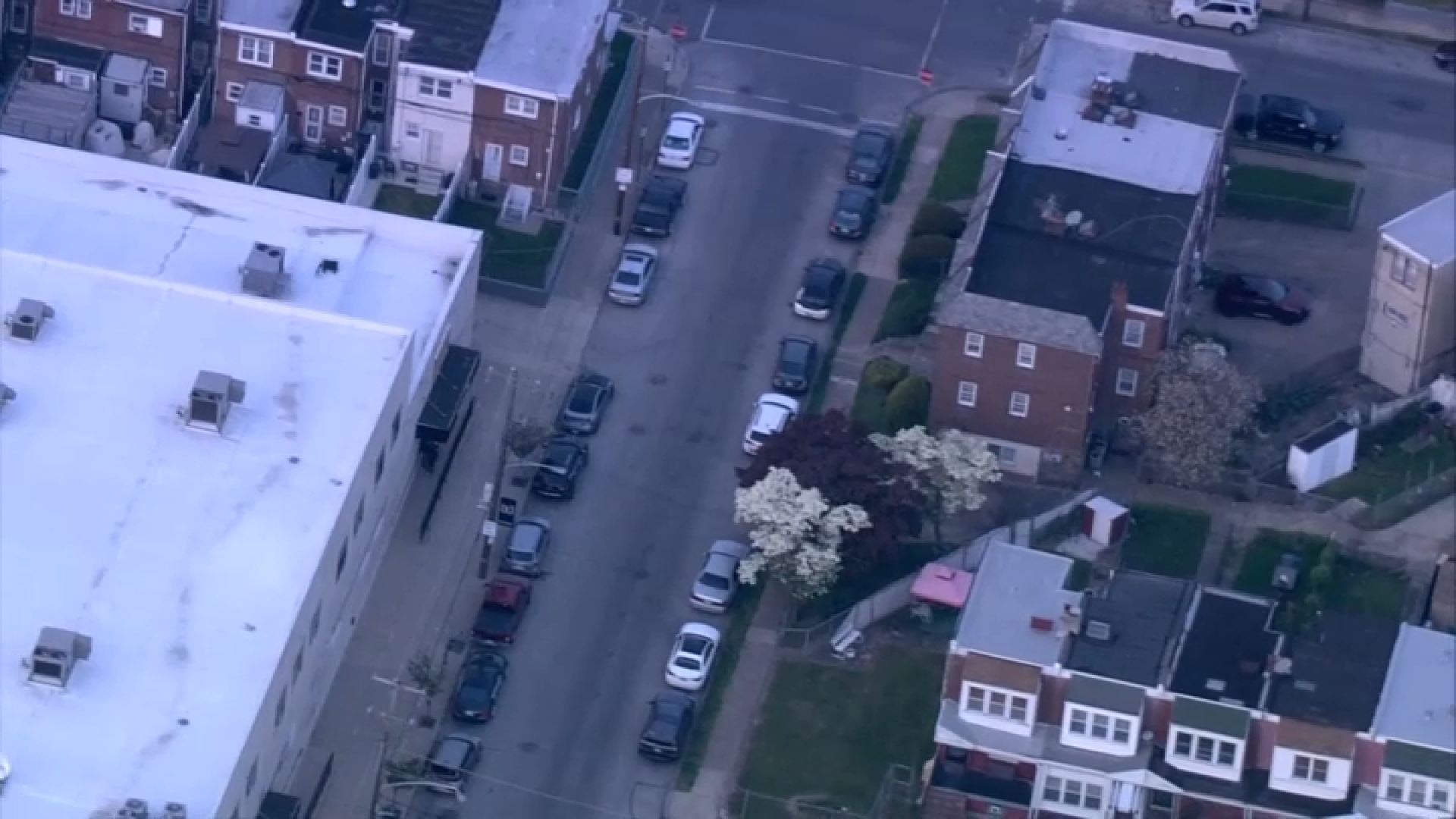A new robot called the RABIT Bridge Deck Assessment Tool could make it easier for Pennsylvania to complete required bridge inspections.
Pennsylvania has more than 30,000 bridges, each of which requires biennial safety inspections. To inspect a bridge, workers divert traffic to allow inspection teams to access the necessary areas and inspectors to examine the bridge piece by piece, checking for any superficial changes – peeling paint, rust, cracks – that could indicate problems.
For large, complex bridges, the inspection could require many trips, each disrupting traffic and costing bridge owners, like the state, money.
The RABIT, which looks like a slightly flattened R2D2 with some sweepers on its front, could make inspecting the bridge deck faster and more comprehensive, using technology that not only sees the surface but can also detect potential issues below the surface.
Scott Christie, Deputy Secretary for Highway Administration with the Pennsylvania Department of Transportation, likens it to an X-ray or MRI of an arm or leg, but with bridges as patients. It still needs a traffic-free zone to function, but it works faster than its human counterparts, reducing the time traffic has to be cleared.
The machine is equipped with various sensors:
- High-definition imaging, to capture images of what the deck surface looks like
- Ultrasonic surface waves, to evaluate the strength of the concrete
- Impact echo, to check for horizontal cracking, and, if found, measure the extent of it
- Electrical resistivity, to measure moisture and evaluate corrosiveness of the deck
- Ground penetrating radar, to detect and evaluate any deterioration subsurface
- GPS, to tag the location of everything the robot finds
So far there are just two of these robots, developed by the Federal Highway Administration and Rutgers University, but a handful more have been ordered and they’ll eventually be available for agencies to purchase.
The RABIT visited Allegheny County for a demonstration this summer. There’s a reason it went there. Pennsylvania has the most structurally deficient bridges in the U.S., about 23 percent of the total according to the Federal Highway Administration, so bridge inspectors in the state keep busy.
Local
Breaking news and the stories that matter to your neighborhood.
Christie said PennDOT will be evaluating this technology and the potential return on investment it promises – each machine will cost around $1 million – but says it could be a valuable tool for the agency.



